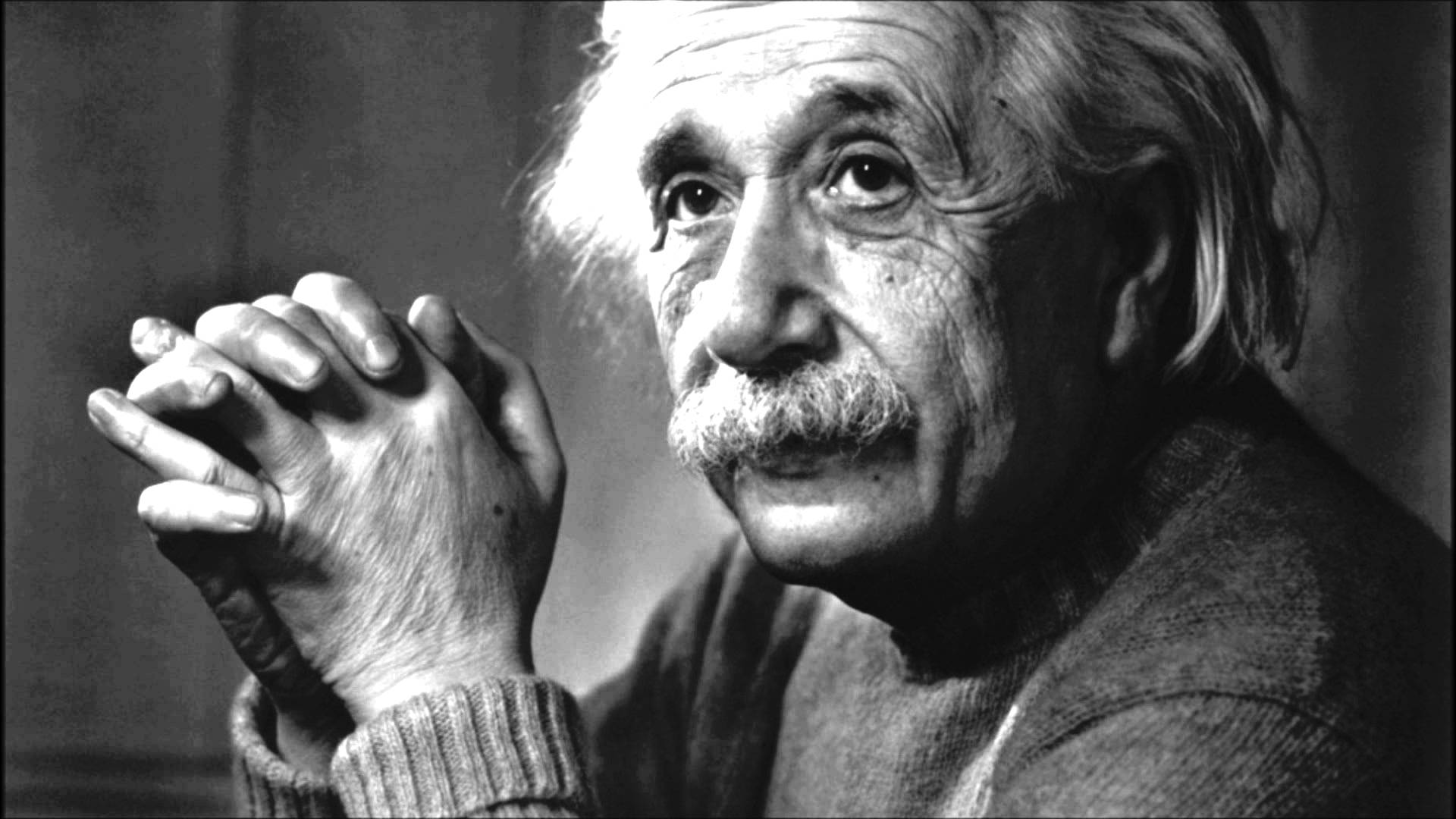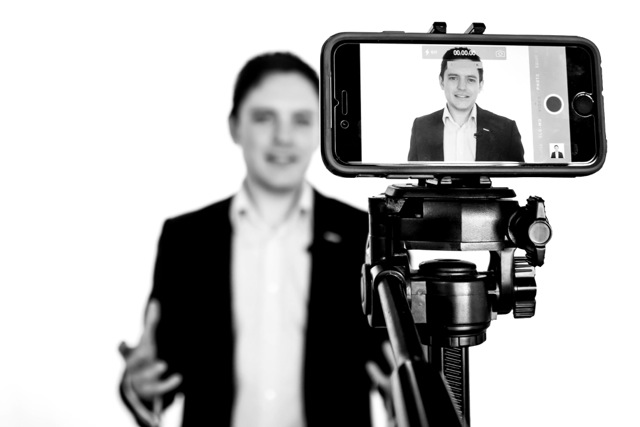It’s been a hectic few months. I’m not complaining at all. I’ve had the pleasure of training some amazing delegates and speaking at some brilliant events and now it’s time for a rest. I’m taking next week off and I can’t wait! Of course I’m looking forward to a few lie-ins and the thought of not checking my emails is very appealing but I’m most excited about the extended opportunity to connect – with myself, with my loved ones and with my environment. It might sound a bit fluffy but connection is so important for our wellbeing and happiness and it’s a fundamental ingredient for high performance.
It All Starts With You
It may sound selfish, however, the key to being truly connected is time for yourself. If you’re not in touch with your own sense of purpose, your values and your emotions, then it’s impossible to make anything more than a superficial connection with those around you. If you want to function at a higher level, you have to be in deep connection with the things you are trying to achieve. If what you are doing doesn’t make you want to jump out of bed in the morning, then it’s unlikely that you’ll stick to the plan when temptations or opportunities for procrastination present themselves.
Now don’t get me wrong, you don’t have to love every little task you do, you just have to understand how each step you are taking is part of the overall journey you have chosen to embark on. I spent a good chunk of yesterday going through the business accounts. If I’m honest it’s the part of being an entrepreneur that I enjoy least. However, I know that if I want to succeed in my mission of helping people reconnect with the spoken word, I need to have a viable business that makes money and being on top of the numbers is an essential part of that.
Next week I plan to carve out some quality time each morning to focus on the bigger picture and prepare myself for the exciting challenges that lie ahead. I find that the knock on effect of this is that once I’ve had my “thinking time” I can be much more present and connected with my family. I get to really enjoy the time we spend together without getting distracted by the “work noise” that pops into my head. I’m the first to admit that I often find it difficult to switch off – I love what I do – so working in this way allows me to stay connected to all parts of my life by simply choosing where I place my focus. And I don’t just do this during the holidays. Whenever possible I start the day with planning time and some headspace, so that by the time I reach the office or the training room I am ready to hit the ground running.
There’s Always Time
One of the biggest objections I hear when I talk with people about the importance of connection is “I don’t have time”. We tend to wake up in the morning and get straight on the treadmill of life. We spend our work day moving between meetings, phone calls and emails without taking the time to breathe. Not only do we fail to make time for ourselves, we fail to make time for others too. We tend to see our interactions with colleagues and customers as transactional rather than transformational. When we do this we miss a massive opportunity.
The old adage that time is our only finite resource is often overused. What’s vital to remember though is that we are free to choose how we use it. If you had to find 10 minutes in your day to do something of “life or death” importance, you would. Of course you would also have to let something else slip to do it - that goes without saying. So what we’re really talking about is not a lack of available time but our choice of priorities. What value do you place on connection and what are the benefits of making it non-negotiable? It might be easier to have superficial “yes” or “no” conversations with colleagues and team members but what could be gained by going beneath the surface and working for deeper understanding? Getting out from behind your desk at lunchtime and seeing the world around you will create infinitely more opportunities and spark infinitely more ideas than eating a sandwich at your desk hunched over Facebook. We must take responsibility for creating space in our life. No one else can do it for us.
So, whether you need to focus on connecting with your purpose or connecting with those around you I encourage you to take some time-out this week. Are you sure you don’t have 10 minutes?...











